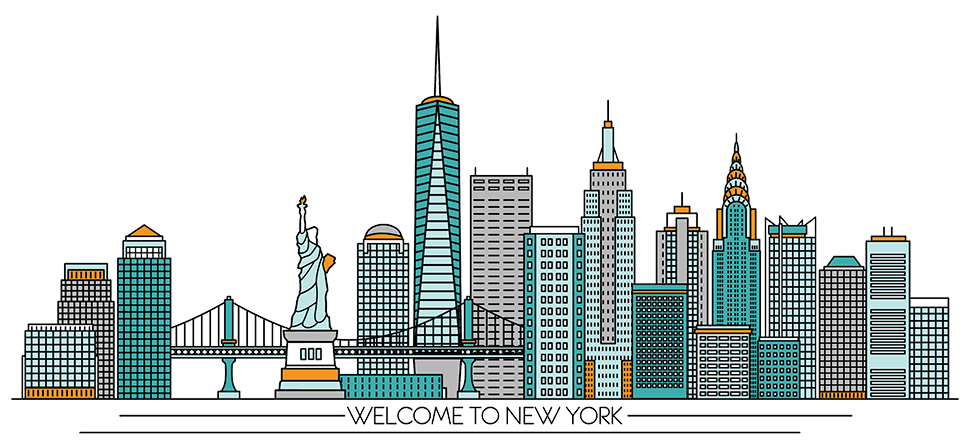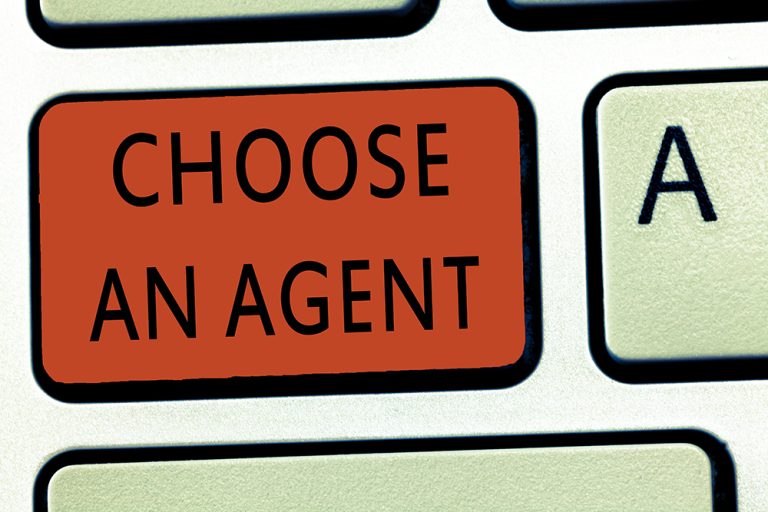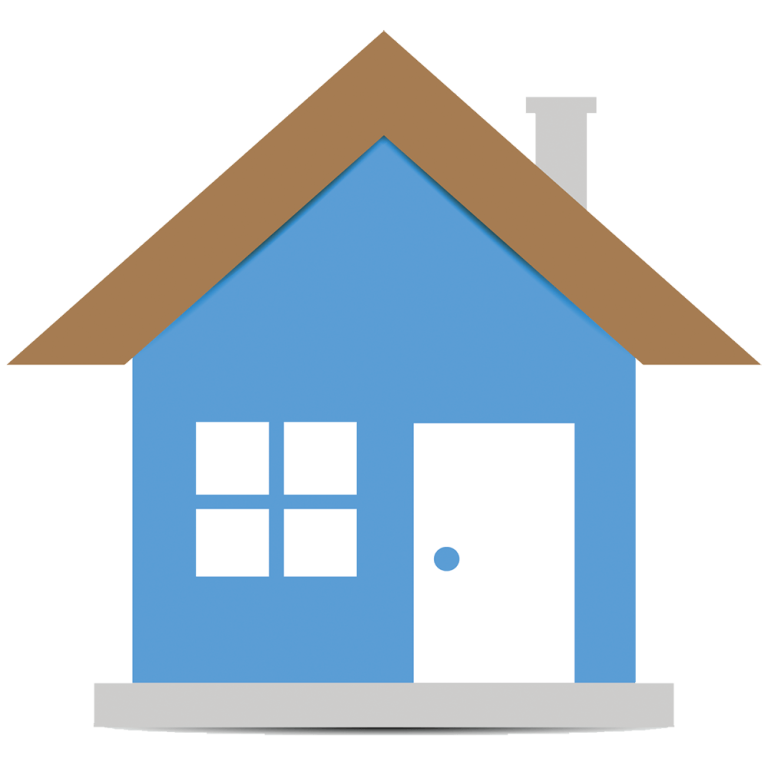How to Start a Business in New York

Starting a business is an exciting venture that brings with it a sense of independence, the opportunity for innovation, and the potential for financial prosperity. New York State, with its diverse economy, vast resources, and a population eager to embrace new products and services, presents a fertile ground for entrepreneurs. In this guide, we will walk you through the essential steps to start a business in the Empire State, ensuring you are well-prepared to turn your business idea into a successful enterprise.
Section 1: Conceiving and Planning Your Business
1.1 Define Your Business Idea
Before diving into the logistics of starting a business, you need a clear and viable business idea. Assess the market to ensure there is demand for your product or service. Conduct research to identify your target audience and understand their needs and preferences.
1.2 Create a Business Plan
A comprehensive business plan is your roadmap to success. Your plan should outline your business goals, market, competitive analysis, marketing strategy, organizational structure, and financial projections. A well-thought-out plan will serve as a reference point and can be used to attract potential investors.
Section 2: Choosing a Business Structure
2.1 Evaluate Different Business Structures
The structure you choose for your business will have implications on taxes, personal liability, and registration requirements. Common legal structures include Sole Proprietorship, Partnership, Limited Liability Company (LLC), and Corporation. Consult with a legal professional to determine the best fit for your business.
2.2 Register Your Business
Once you’ve chosen a business structure, register your business with the New York Department of State. The registration process varies depending on the structure of your business. For LLCs and Corporations, you must file Articles of Organization or Articles of Incorporation, respectively.
Section 3: Complying with Legal Requirements
3.1 Obtain Necessary Permits and Licenses
Depending on the nature of your business and its location, you may need to obtain various permits and licenses. These could range from a general operating license to specific permits related to health, safety, or industry standards. Check the New York State License Center to identify the requirements for your business.
3.2 Understand and Comply with Tax Requirements
All businesses in New York are required to register for tax purposes. Depending on your business structure and the nature of your business, you may be liable for income tax, sales tax, and employment taxes. Ensure that you understand your tax obligations and comply with all filing and payment deadlines.
Section 4: Financing Your Business
4.1 Assess Your Financial Needs
Determine how much capital you need to start and run your business until it becomes profitable. Include costs such as rent, utilities, salaries, marketing, and inventory. Be realistic in your estimates and ensure you have a cushion for unforeseen expenses.
4.2 Explore Funding Options
There are various ways to finance your business, including personal savings, loans, grants, and investor funding. Investigate all options available to you, considering the pros and cons of each. New York State offers a range of financial assistance programs for startups, so be sure to explore these opportunities.
Section 5: Building Your Brand and Marketing Your Business
5.1 Develop Your Brand Identity
Your brand is the public face of your business, encompassing your business name, logo, and overall aesthetic. Ensure your brand reflects the values and mission of your business and is consistent across all customer touchpoints.
5.2 Implement a Marketing Strategy
An effective marketing strategy will help you attract and retain customers. Utilize a mix of online and offline marketing techniques tailored to your target audience. Social media, email marketing, and content marketing are cost-effective ways to reach your audience. Additionally, consider local advertising and networking events to establish a presence in your community.
Section 6: Managing Your Business Operations
6.1 Set Up Your Business Location
Whether you’re operating from a physical storefront, an office, or from home, ensure your business address location suits your needs and complies with zoning laws. Consider factors such as proximity to suppliers, access to transportation, and the needs of your employees. Look into using a virtual business address in NYC; it may suit your needs.
6.2 Hire and Manage Employees
If your business requires additional help, you may need to hire employees. Ensure you comply with labor laws, provide a safe and inclusive work environment, and offer competitive wages and benefits. Managing your team effectively will contribute to the success and growth of your business.
Starting a business in New York State is a challenging yet rewarding endeavor. By following the steps outlined in this guide, you can ensure you are well-prepared to navigate the complexities of entrepreneurship. With careful planning, compliance with legal requirements, and a strong marketing strategy, your business has the potential to thrive in New York’s dynamic economy. Embrace the journey, remain adaptable, and seize the opportunities that come your way. The Empire State is ready to welcome your business with open arms.
This comprehensive guide has provided an in-depth look at the crucial steps involved in starting a business in New York State. By meticulously planning your business, choosing the right structure, complying with legal requirements, securing financing, building a strong brand, and effectively managing operations, you can lay the foundation for a successful and sustainable business. Remember, the journey of entrepreneurship is a marathon, not a sprint. Stay committed, stay resilient, and welcome the challenges and rewards that come with starting your own business in New York State.
Disclaimer
This article is intended solely for the conveyance of informational content and should not be construed as providing legal counsel. The views and expressions within this article are those of the author and have not been verified for accuracy or alterations in legislation by PhysicalAddress.com.



